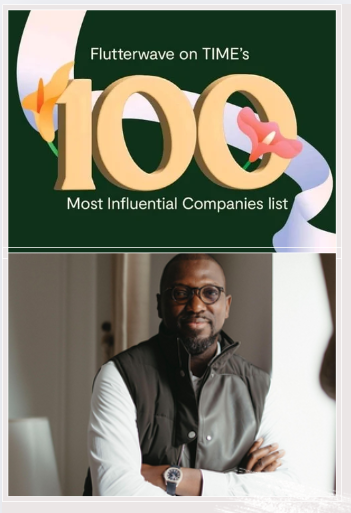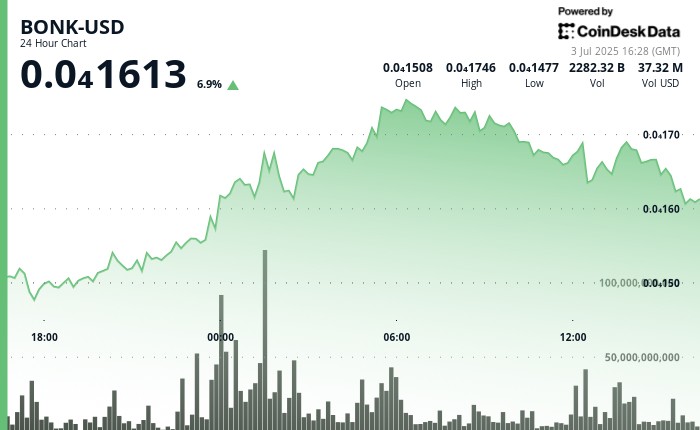Small Business And The Circular Economy: SMBs Key to Sustainability

A circular economy encourages businesses to design products and systems where nothing goes to waste.
gettyIf you have been asking yourself this new kind of question of late: How can I grow my business without hurting the world around me? The circular economy might be the best business move you haven’t made yet.
This article will help small business owners understand why sustainability matters, what you can do about it, and how it can help your business grow.
In simple terms, the circular economy is a way of doing business that avoids waste. Instead of the usual pattern where products are made, used, and thrown away, a circular economy encourages businesses to design products and systems where nothing goes to waste.
Materials are reused, repaired, or turned into something new. Waste becomes a resource. Products are made to last, and businesses think about the full life of everything they produce—from beginning to end.
It might sound like a concept for big corporations, but in reality, small businesses are often in a better position to act. Why? Because they are more flexible, closer to their communities, and often more in touch with their customers' values. All around the world, small businesses are already making the shift to circular thinking—and seeing real results. For example:
These are not large corporations. They are companies run by regular people who decided to do business in a different way. Their actions are improving lives and building stronger, more trusted brands.
I know most small business owners are already stretched. I mean, you are focused on making sales, paying employees, keeping your customers happy, improving your products and services, and much more. Thinking about sustainability might feel like a luxury you can't afford. But then, going “green” is an investment and a strategic advantage you should not avoid.
When you reduce waste, you reduce expenses. When you offer eco-friendly products, you attract customers who care about the environment. When you show that you are thoughtful about your impact, you build trust—and trust leads to loyalty.
More and more customers are asking questions about the products they buy: Where did this come from? Who made it? What happens to it when I am done with it? If your business can answer those questions in a positive and honest way, you will stand out. Today's customers are increasingly aware of how their choices affect the world. They want to support businesses that care about people and the planet. By embracing circular practices, you can build stronger relationships with your customers and stand out in crowded markets.
So, you do not need to be perfect, and you do not need to change everything at once. What matters is that you take the first step.
Here are a few simple things you can consider:
- Tell your story. Let your customers know what you are doing and why. People love to support businesses that stand for something.
If you are not sure where to begin, just start small. One good decision can lead to another. A small compost bin behind a bakery. A simple repair service for a product. A decision to use packaging that can be recycled. These small steps can lead to a bigger impact over time.
As we look at the future of business, sustainability has become the way of thinking. A new way of growing; a new way of leading. If you are reading this, it means you care. You want to grow your business the right way. You want to be proud of the work you do.
So let this be your moment. Take a step toward sustainability. Look at your operations. Ask new questions. Find new solutions. Talk to your customers. Talk to your team. See what you can do together. The world is changing, and you have a chance to lead in that change.
Olanrewaju Babalola is a distinguished entrepreneurial consultant and business analysis professional with about a decade of experience in strategic, client-facing roles across diverse industries to include education, retail, financial services, and consulting. Armed with a bachelor’s degree in Entrepreneurship and an MBA, he has guided hundreds of small businesses at different stages around the world to become better in their outputs and outcomes, as a trusted advisor and mentor. He writes about entrepreneurship & small business, leadership, innovation, business analysis and business education. Olanrewaju’s insights have been featured in numerous business articles on platforms like MSN Small Business, AllBusiness, Small Business Currents, BusinessDay, Businessing Magazine, Business Africa Online and more.










